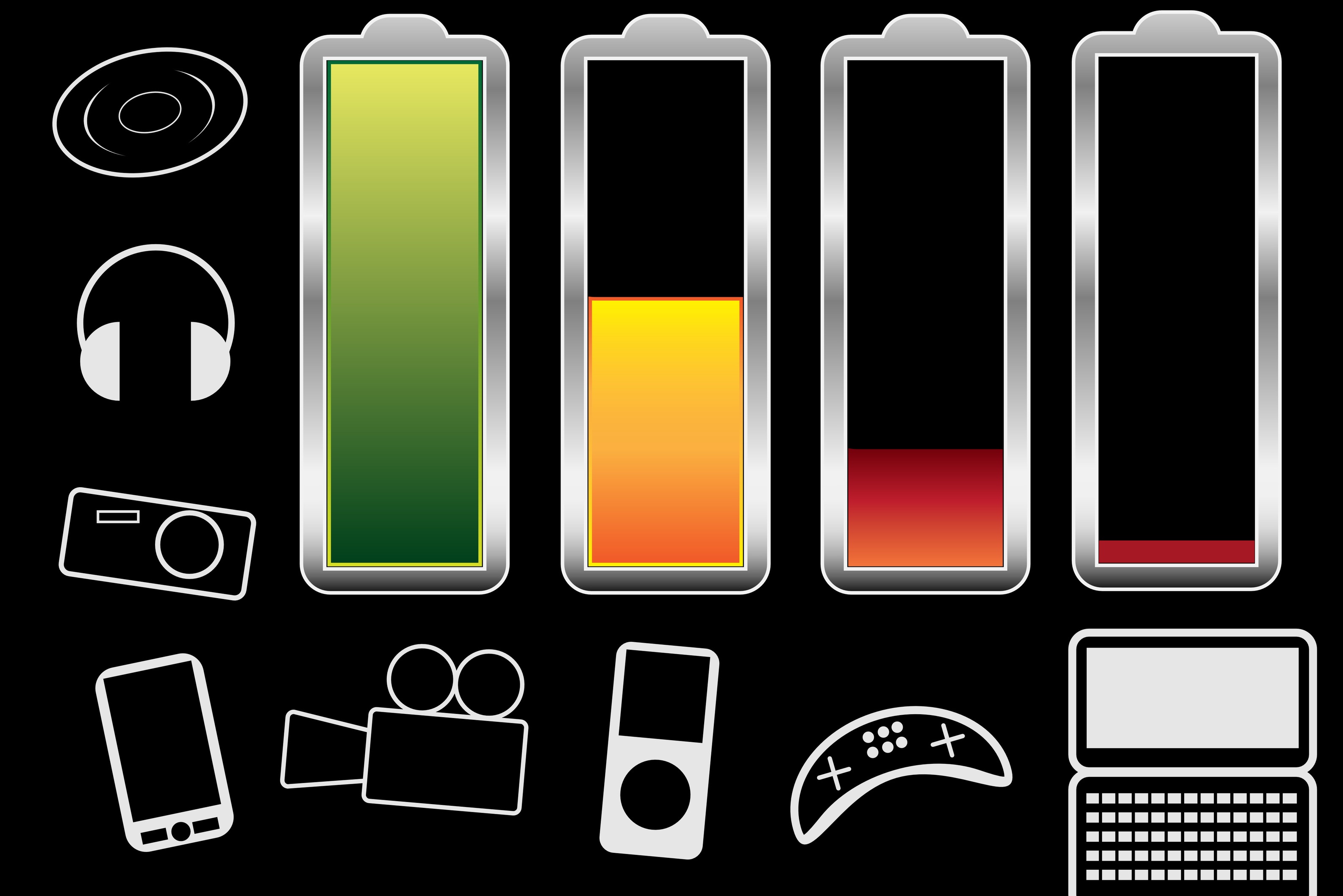Battery saving memory advancements made in Scotland
Scientists at the University of Edinburgh have created a new way of powering memory, making it faster and less power draining.


Sign up today and you will receive a free copy of our Future Focus 2025 report - the leading guidance on AI, cybersecurity and other IT challenges as per 700+ senior executives
You are now subscribed
Your newsletter sign-up was successful
A new technique for powering memory could lead to a massive drop in energy consumption and a surge in battery life for portable devices.
Researchers at the University of Edinburgh have discovered a new technique which uses a tiny mechanical arm to convert data into binary code and records it when it passes through a nanotube.
It uses the current to define the binary code and the power is a lot less labour intensive.
This means, with the mixture of these two technologies, much less power is used when compared to conventional methods. It also speeds up the process of using nanotubes alone.
The findings could lead to much longer battery life on portable devices, such as smartphones and tablets, if further research shows the technique can be used on an industrial scale.
Professor Eleanor Campbell told The Scottish Herald: "This is a novel approach to designing memory storage devices. Using a mechanical method combined with the benefits of nanotechnology enables a system with superior speed and energy efficiency compared to existing devices."
The research is a joint project between the Scots and fellow scientists in Korea.
Sign up today and you will receive a free copy of our Future Focus 2025 report - the leading guidance on AI, cybersecurity and other IT challenges as per 700+ senior executives
Jennifer Scott is a former freelance journalist and currently political reporter for Sky News. She has a varied writing history, having started her career at Dennis Publishing, working in various roles across its business technology titles, including ITPro. Jennifer has specialised in a number of areas over the years and has produced a wealth of content for ITPro, focusing largely on data storage, networking, cloud computing, and telecommunications.
Most recently Jennifer has turned her skills to the political sphere and broadcast journalism, where she has worked for the BBC as a political reporter, before moving to Sky News.
-
 Anthropic promises ‘Opus-level’ reasoning with new Claude Sonnet 4.6 model
Anthropic promises ‘Opus-level’ reasoning with new Claude Sonnet 4.6 modelNews The latest addition to the Claude family is explicitly intended to power AI agents, with pricing and capabilities designed to attract enterprise attention
-
 Researchers call on password managers to beef up defenses
Researchers call on password managers to beef up defensesNews Analysts at ETH Zurich called for cryptographic standard improvements after a host of password managers were found lacking
